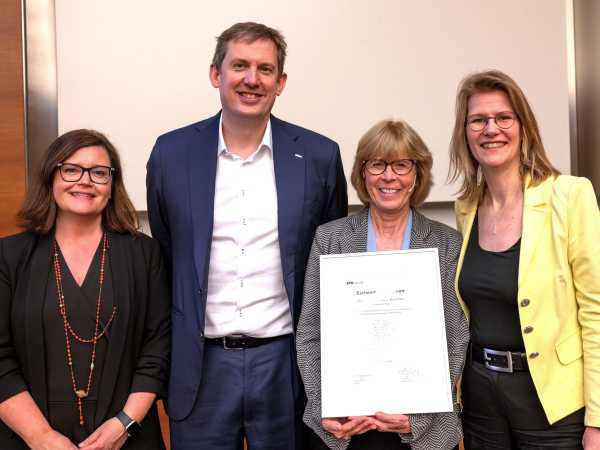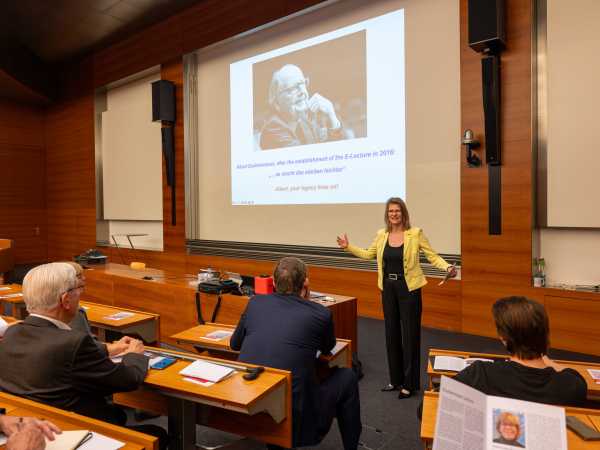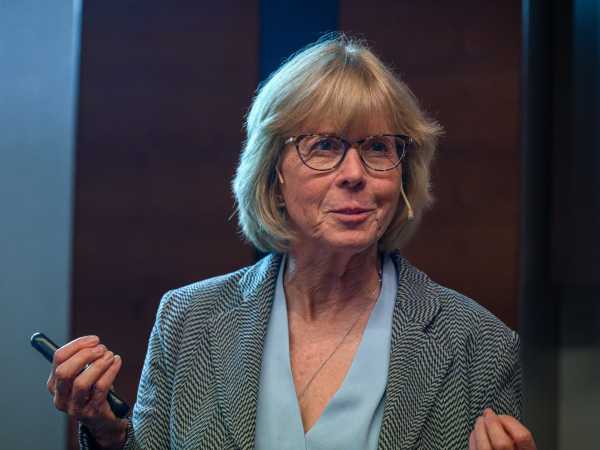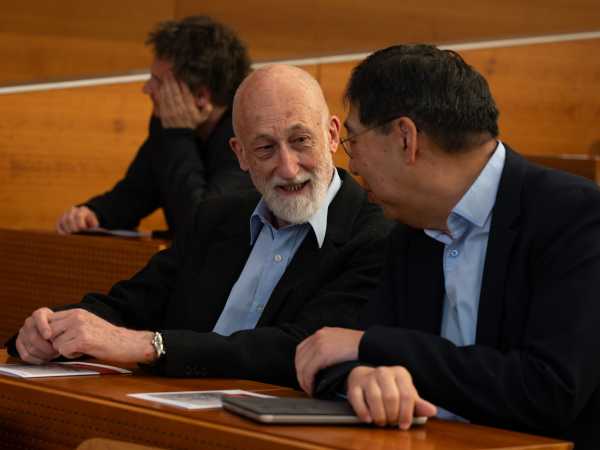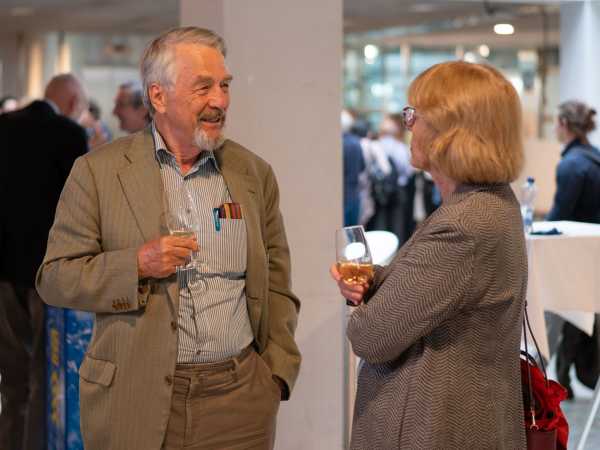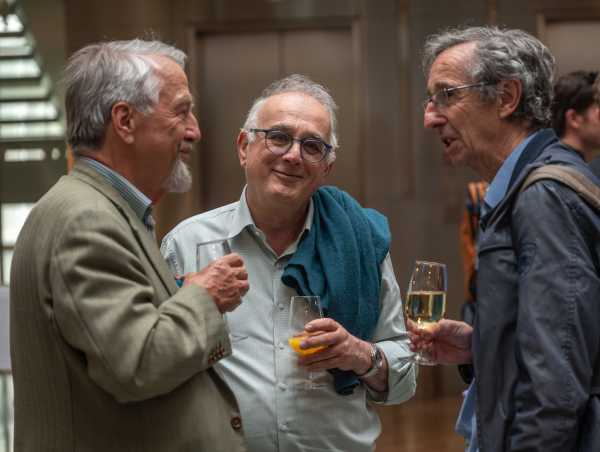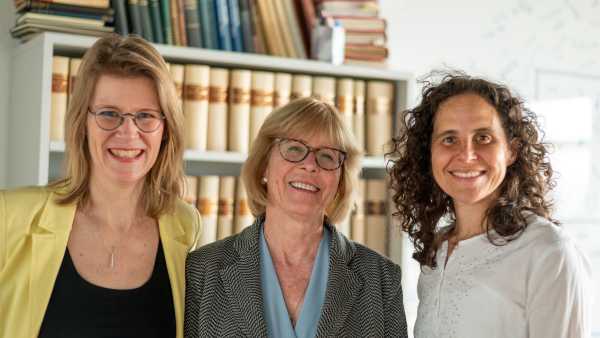Eschenmoser Lecture 2024
Prof. Cynthia J. Burrows

April 8, 2024
«Nanopore Studies on Chemically Modified Nucleic Acids from Viruses to Vaccines»
Cynthia J. Burrows is Thatcher Distinguished Professor of Chemistry at the University of Utah in Salt Lake City. As an undergraduate at the University of Colorado, she studied organic photochemistry with Stanley Cristol. After PhD studies in physical organic chemistry at Cornell University (with Barry Carpenter), she was an NSF-CNRS postdoctoral fellow with Nobel Laureate Jean-Marie Lehn at Université Louis Pasteur in Strasbourg, France. She began her independent career at Stony Brook University in 1983 and moved to the University of Utah in 1995.
The Burrows research group investigates the chemistry and biochemistry of modified bases in DNA and RNA with a focus on oxidative stress, an underlying component of age-related diseases including cancer. One aspect of Burrows’s work involves the interplay of non-Watson-Crick structures, such as G-quadruplexes, with base modifications. This led to the surprising discovery that DNA ‘damage’ could impact gene expression in a positive way, conferring an epigenetic character to oxidized bases and abasic sites. Understanding molecular mechanisms has been a driving force in her research program, leading to novel chemical biology tools for tagging and sequencing base modifications in DNA and RNA, including the use of single-molecule methods such as protein nanopores. Her lab has been able to sequence RNA directly from cells to map simultaneously more than a dozen different nucleotide modifications.
For this work, reported in ~250 publications, Burrows has been recognized with several awards including the ACS Cope Scholar Award, the James Flack Norris Award in Physical Organic Chemistry, the Willard Gibbs Medal and the Linus Pauling Medal of the ACS. Burrows was inducted into the American Academy of Arts and Sciences in 2009 and elected to the National Academy of Sciences in 2014. She also serves as Editor-in-Chief of Accounts of Chemical Research and as Vice-Chair of the Board of Trustees of the Gordon Research Conferences. In 2019, she won the Rosenblatt Prize, the highest honor awarded to a faculty member at the University of Utah.
All photos shown in the gallery below by Rahel Heeb | LOC

